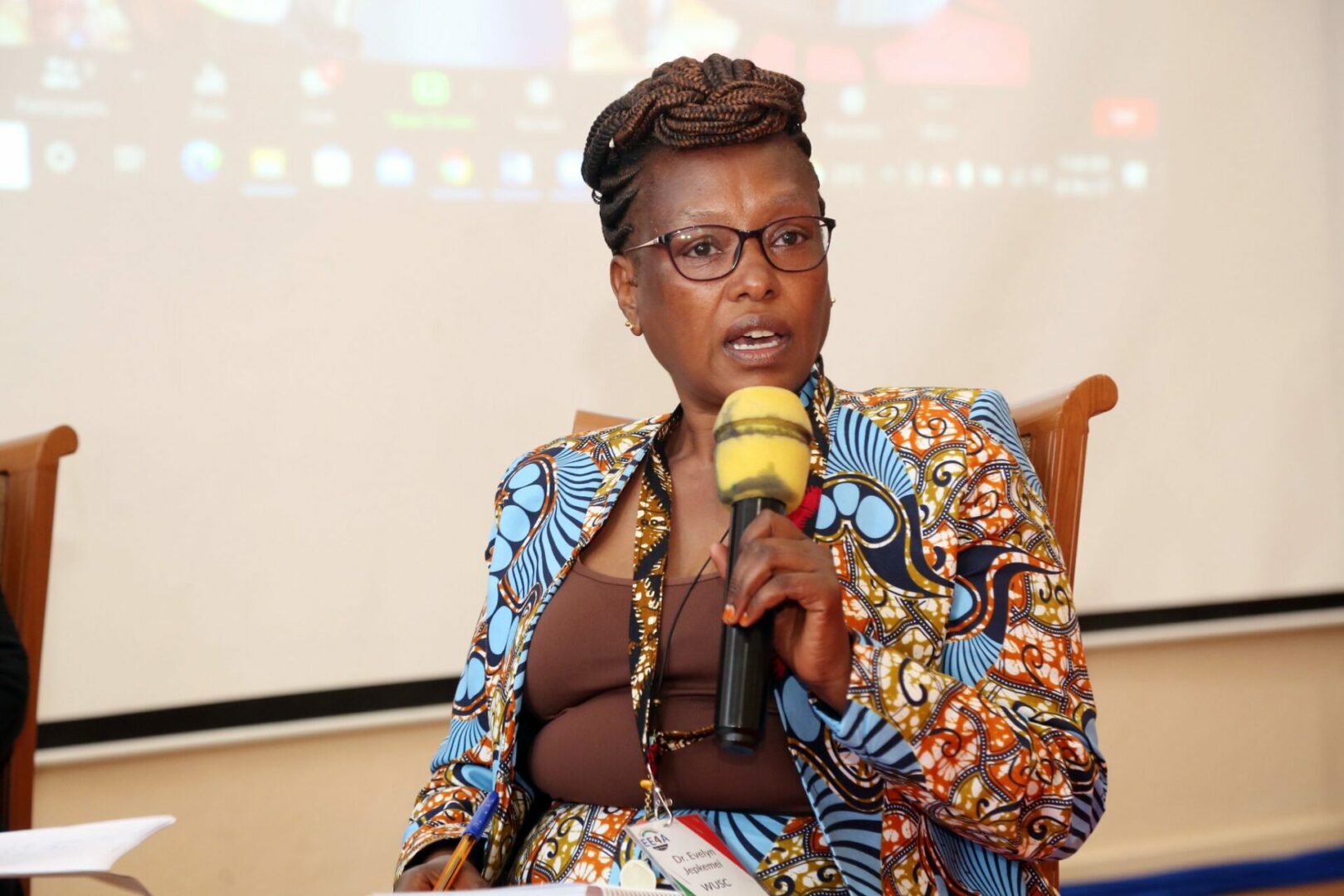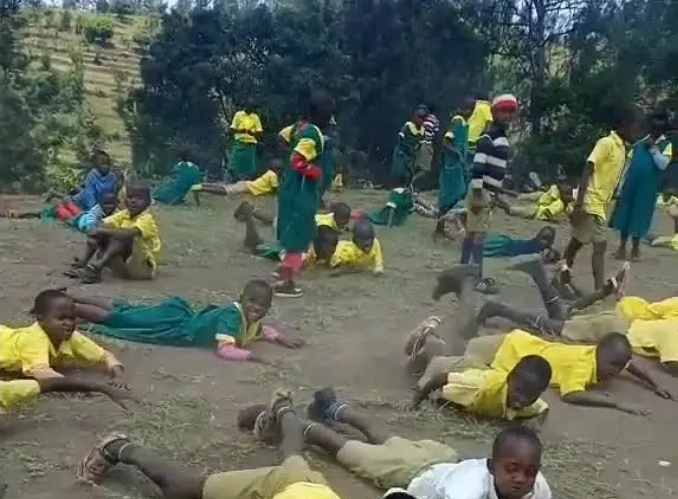To most CBC is a good idea..implementation is the problem. They say 8-4-4 was content based and the CBC one is skill based… yet parents haven’t seen designs for both systems in a comparative analysis.
What makes a teacher focus on content and ignore practical learning that is most desirable in all pedagogical designs? What makes a system high stakes? What makes a system emphasisze on cognitive skill at the expense of the rest?
No sane curriculum designer goes out of their way to make education exam heavy… these are vestiges of education politics. Lets talk CBC for a minute. The idea is that kids need to learn and do. Learning is cognitive.
So CBC hopes to transfer knowledge to skill in the learning process. And, that can only happen based on the interactions betwween the child and the content mediated by the teacher. So what is the problem?
Since competency is an observable skill, we needed to have developed a competency framework.. a guideline of the skills expected after a child interacts with the curriculum for a period of time.
This framework is what teachers ought to use to judge if the learners have attained the skill or how far they are from the target. That is why in assessment, you have read teachers comments like ‘approaching expectation or exceeded expectation’.
Those expectations should be derived from the competency framework which we did not develop. So, the teacher creates their expectations and assesses the child based on the same.
80 per cent of all teachers don’t know what CBC is or how to teach it
And this leads to the many variations amd many interpretations of what CBC is or what it ought to be. Folks, If an idea is good and implementation is bad .. the whole yhing is just bad… and something needs to be done to correct the course.
Education is a basic human need which and a path to I dividual and social development. Certainly economic development too.
The expansion of individual knowledge through authentic learning approaches leads to expansion of thought process and with the dissemination of such thinking the society benefits and grows to the next level. This brings about social change and development with marked progress.

Social development begins within the mind, with the desire to improve on what is already planted. Borrowed models of education must be domesticated to align with the learners’ context and experiences.
For example, you cannot demand kids to learn swimming in the deserts of Turbi and Chalbi when water is as rare as can be. In nature, the creature does what makes the creature thrive.
In a learning environment there must be incentives to learn things that are not immediately rewarding. There has to be special reinforcements and of course resources to make kids in Turbi desert learn how to swim.
Education systems are not cast on stone. CBC and 8-4-4 are actually descriptions not systems. The former describes pedagogy and the latter describes the duration structure. When we are at a juncture like we are at now, the option is not whether to go back to 8-4-4 or retain CBC.
Can we reimagine and design our system according to our needs? My response is a resounding yes. But I fear we are lost in the pull and push of noisy things to give attention to what matters most, the future of the rising generation .









